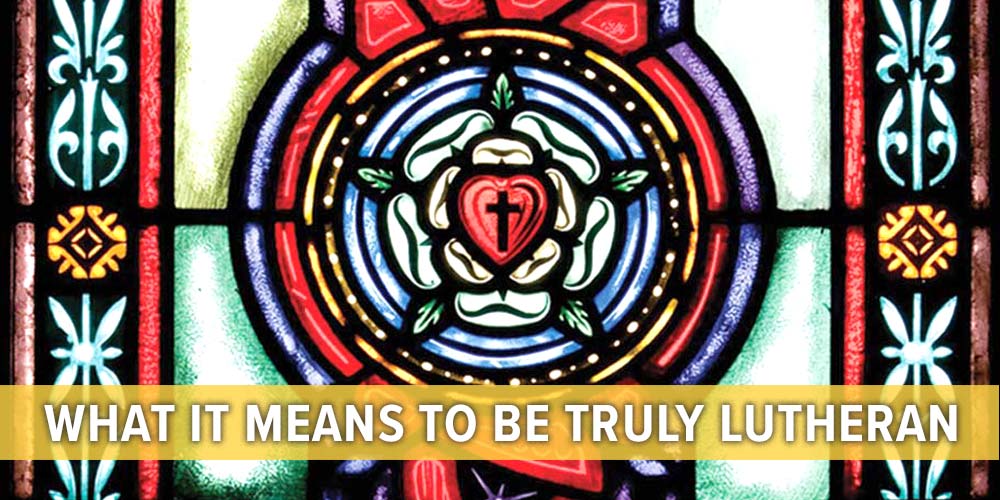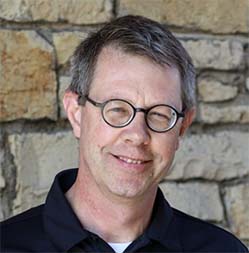 |
There has always been tension between the church and government. At various times and places in history, the government has tried to wipe out the church. At other times, the government has tried to use the church for its purposes. Eventually, the church started carrying out a governmental role and even tried to bend the government to its will, attempting to use the government to carry out the church’s work. Popes crowned emperors. Kings vowed to defend the church. Popes and bishops ruled territory and led armies. Conflicts arose over who should appoint church leaders: the church or the government. The result was confusion between the church’s work and the government’s work.
Martin Luther and his fellow reformers went back to the Scriptures to sort out this confusion. God carries out his work for the benefit of his believers and for the good of his whole creation in two different kingdoms or realms.
On the one hand, God has established his church, and through the church’s work he cares for our souls (Matthew 16:17-19; Hebrews 13:7,17; Acts 20:28; 1 Timothy 4:15). He brings people to faith through the Word and sacraments (Romans 1:16; Romans 10:17; 1 Peter 1:23; Titus 3:5; Ephesians 5:25-27). He strengthens his church and comforts his people through the work he has given the church to do (Matthew 28:19; Mark 16:15; Luke 24:46-48; 2 Corinthians 5:19-21).
On the other hand, God has established government, and through the government’s work he cares for our bodies (1 Peter 2:13,14; Romans 13:1,2). He maintains peace and order in society through laws; he protects people’s physical well-being through the enforcement of laws (Romans 13:3-7).
True Lutherans have historically tried to avoid using governmental force to further the cause of the gospel, while also recognizing that Christians may serve in the government and be served by the government. True Lutherans have also attempted to avoid the confusion of the two kingdoms. The church and the government each have their own distinct mission and distinct ways to carry out that mission. As God’s children, we live in both kingdoms and strive to be obedient servants in the church and to the government.
The Augsburg Confession stated it well:
Now inasmuch as the power of the church . . . bestows eternal benefits and is used and exercised only through the office of preaching, it does not interfere at all with public order and secular authority. For secular authority deals with matters altogether different from the gospel. Secular power does not protect the soul but, using the sword and physical penalties, it protects the body and goods against external violence.
That is why one should not mix or confuse the two authorities, the spiritual and the secular. For spiritual power has its command to preach the gospel and to administer the sacraments. . . . It should not annul or disrupt secular law and obedience to political authority. It should not make or prescribe laws for the secular power concerning secular affairs. . . .
In this way our people distinguish the offices of the two authorities and powers and direct that both be honored as the highest gifts of God on earth. (XXVIII:10-13,18)
This is the 12th article in a 14-part series on key doctrinal emphases that Luther brought back to light through his Reformation.
Author: Joel Otto
Volume 104, Number 9
Issue: September 2017
- What it means to be truly Lutheran: Public ministers of the gospel are called to serve
- What it means to be truly Lutheran: The church is believers in Jesus
- What it means to be truly Lutheran: God’s different work in two kingdoms
- What it means to be truly Lutheran: Vocation: Serving God and others
- What it means to be truly Lutheran: Faith-produced good works
- What it means to be truly Lutheran: Living a life of repentance
- What it means to be truly Lutheran: Lord’s Supper
- What it means to be truly Lutheran: Baptism
- What it means to be truly Lutheran: The means of grace
- What it means to be truly Lutheran: Faith alone
- What it means to be truly Lutheran: Grace alone
- What it means to be truly Lutheran: Original sin
- What it means to be truly Lutheran: The distinction between law and gospel
- What it means to be truly Lutheran: Scripture alone






